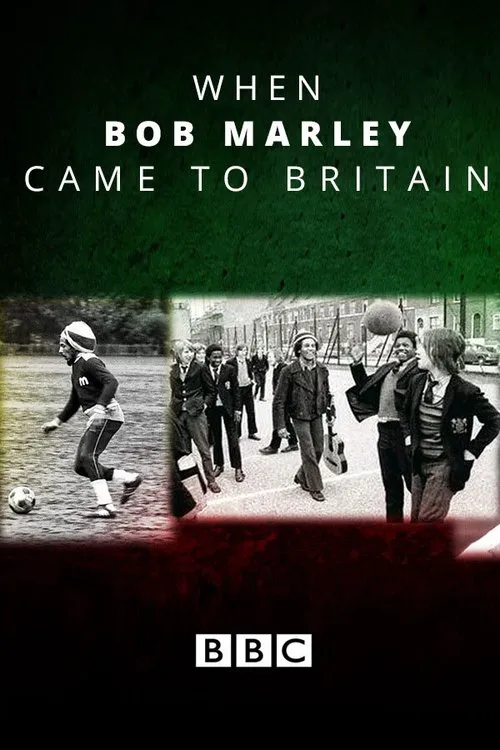Chronicling a Cultural Revolution: The Unveiling of “When Bob Marley Came to Britain”
The documentary “When Bob Marley Came to Britain” emerges not merely as a recounting of a historical visit but as a meticulously researched cultural excavation, pulling back the curtain on a pivotal moment in British social and musical history. It’s a compelling cinematic journey that leverages astute narrative choices and rich archival discoveries to illuminate the profound impact of the Jamaican reggae icon on a nation poised for change.
The Unfolding of a Relationship: Marley’s British Odyssey
The core of the documentary’s brilliance lies in its devoted task of charting the genesis of Bob Marley’s unique connection with Britain. Starting in the early 1970s, the film sensitively portrays his first major UK tour—a series of performances that moved from intimate, often smoky, club and pub venues to the eventual sold-out triumph at the iconic Rainbow Theatre. The “behind-the-scenes” aspect here is the filmmakers’ evident dedication to unearthing genuinely rare and unseen archive footage. This visual treasure trove allows audiences to witness, rather than just be told about, the raw, burgeoning energy and profound connection Marley forged with the British public during these formative years. It’s a testament to the documentary’s craft that it transforms fragmented historical moments into a cohesive, pulsating narrative of influence.

A Message That Illuminated a Generation
The soul of “When Bob Marley Came to Britain” resides in its meticulous exploration of Marley’s enduring message of unity, love, equality, peace, tolerance, and social justice. The film masterfully reveals how these potent ideologies resonated with particular ferocity among black British youth. Through carefully curated footage and insightful commentary, the documentary paints a vivid picture of how Marley’s presence galvanized a wave of enthusiasm and activism, offering a powerful voice to a community that had long felt marginalized and excluded. The “story behind the story” here is how Marley’s music and persona provided an undeniable beacon of empowerment, challenging the status quo in a way that had rarely been witnessed before in Britain.
**The Architects of the Narrative: Voices from the Era**
Central to the documentary’s authoritative feel and its success in conveying the intimate “behind the scenes” flavour of Marley’s impact are the compelling interviews with key figures. Legends such as influential reggae promoter and entrepreneur Mikey Dread and esteemed music journalist Roger Steffens provide invaluable firsthand accounts. Their personal anecdotes are more than mere recollections; they are crucial narrative pillars that ground the film in authentic experience. These voices explain not just what happened but why it mattered so profoundly, enriching the archival material with lived perspective and giving a tangible sense of the fervor surrounding Marley’s UK tours and cultural contribution.
Fostering a Cultural Seismic Shift: Beyond the Music
“When Bob Marley Came to Britain” also astutely examines the broader cultural ripple effect of Marley’s presence. The documentary delves into his catalytic role in the burgeoning UK reggae scene, showing how his unique blend of traditional Jamaican rhythm and potent political messaging directly inspired a new wave of British artists like Burning Spear and U Roy. The film’s “behind-the-music” narrative highlights how Marley not only enriched British soundscapes but also helped break down long-standing social barriers. By introducing his singular vision of music, politics, and culture to a wider British audience, he fostered a sense of shared identity and global understanding that transcended racial, ethnic, and socio-economic divisions.
An Enduring Legacy, VIVIDLY Explored
Ultimately, “When Bob Marley Came to Britain” is a masterful piece of filmmaking that stands as a profound testament not just to Marley’s enduring legacy but also to the power of documentary storytelling. By expertly weaving together rarely seen archival footage with deeply personal and authoritative interviews, the film paints an extraordinary portrait of Marley’s transformative relationship with Britain. It concludes with a powerful reflection on his lasting impact, leaving viewers with a deeper appreciation of how one artist’s vision could forever alter the musical and social fabric of a nation, inspiring generations with a timeless message of hope and solidarity.